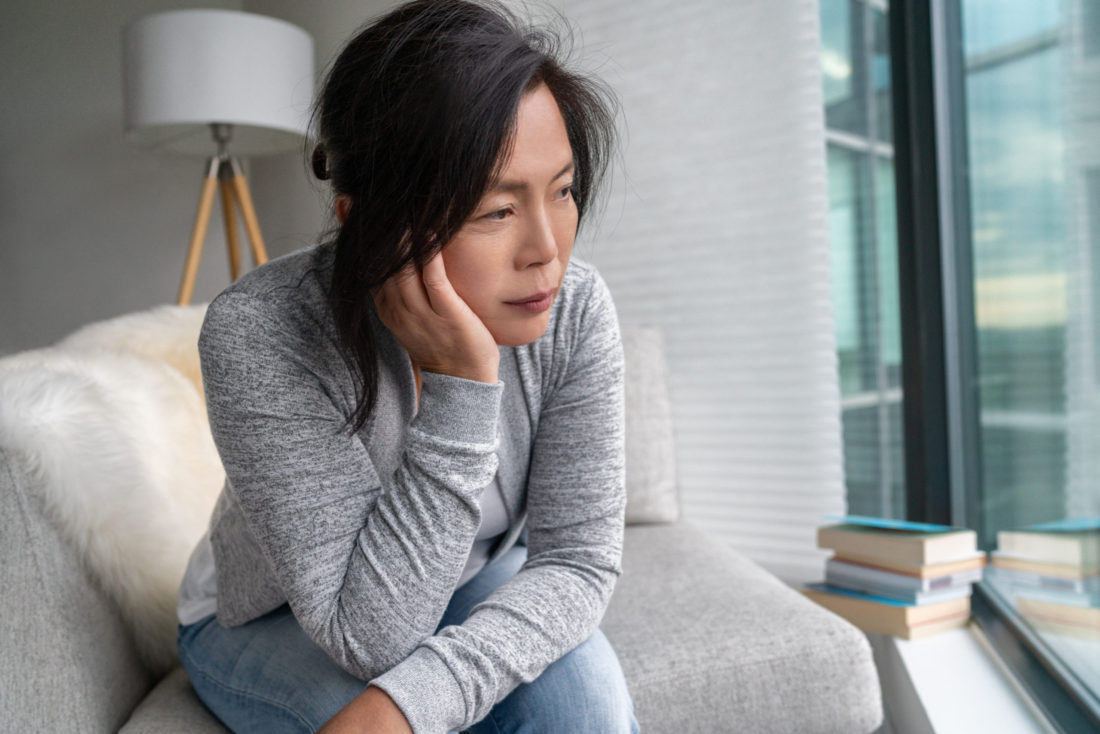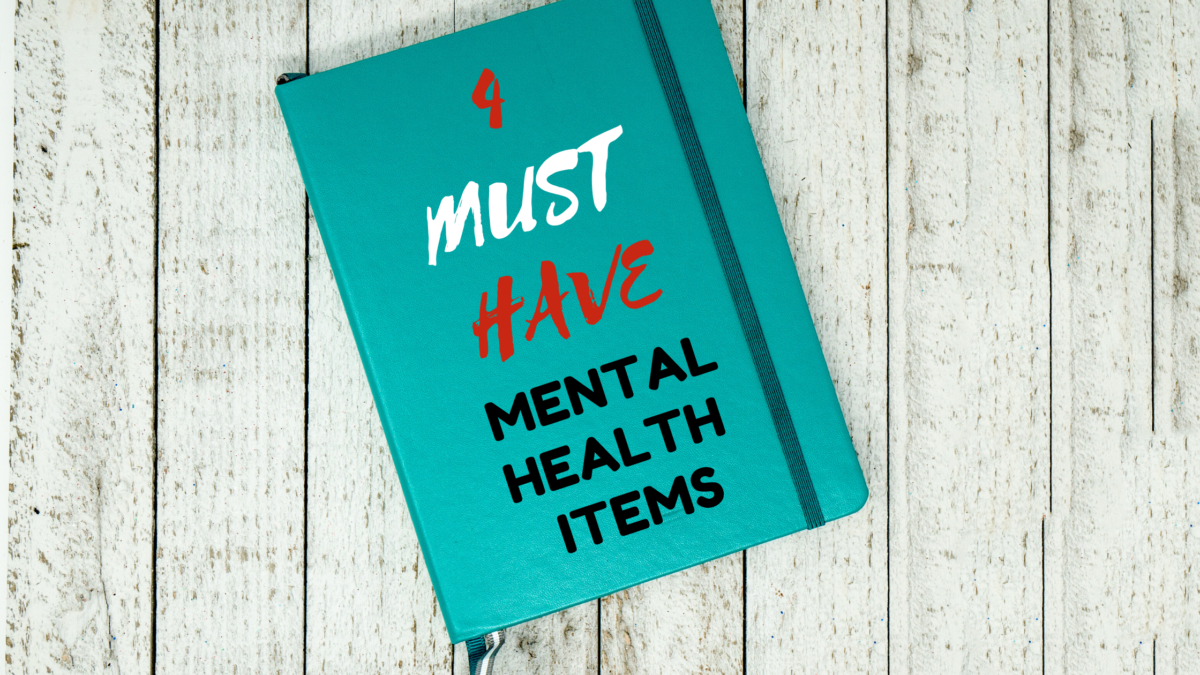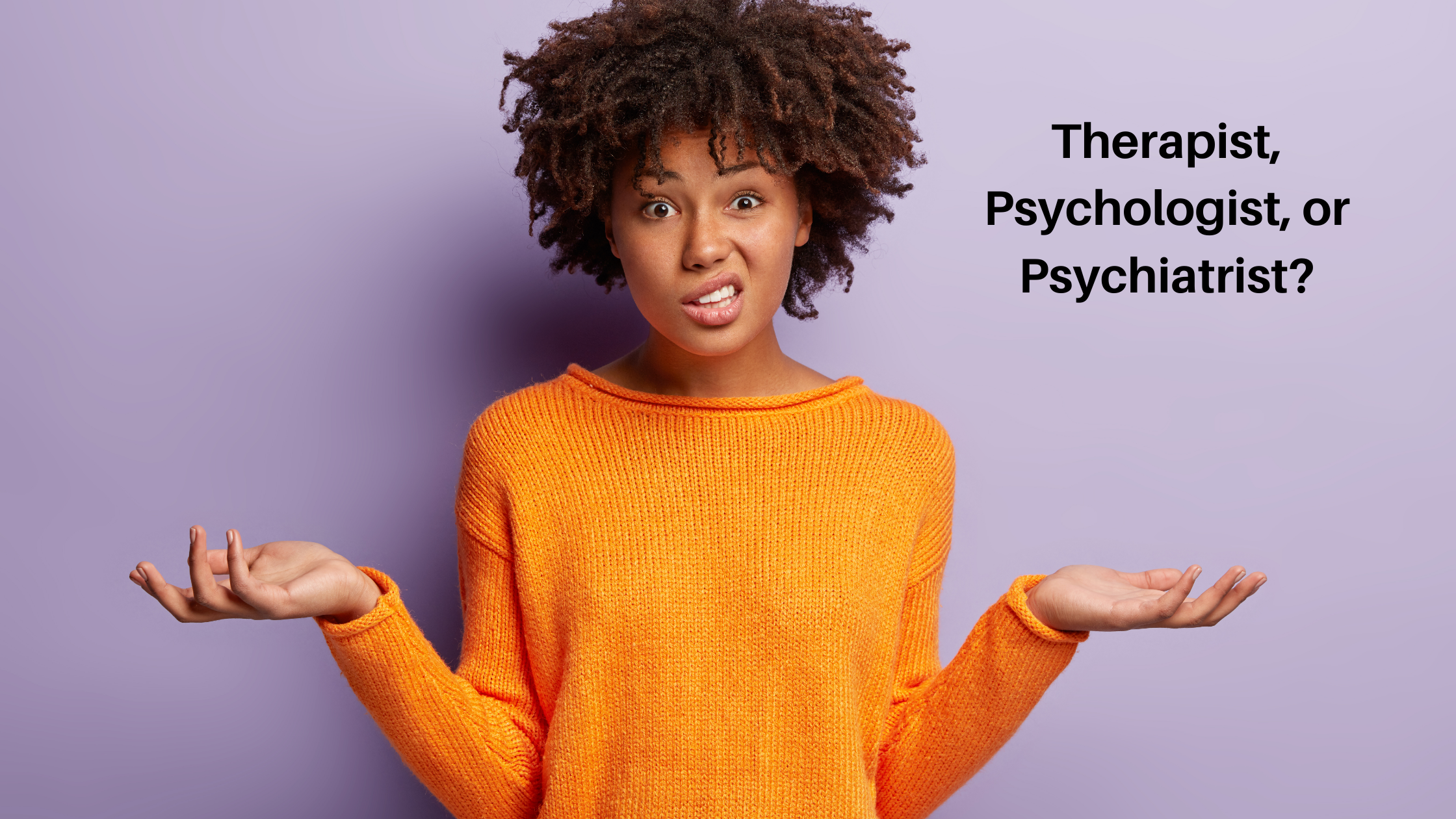If you have been diagnosed with an anxiety disorder, have anxiety tendencies, or are an anxious person in general, then you know how debilitating anxiety can be.
Anxiety tends to affect every area of your life, including your social, academic, and occupational experiences.
With anxiety, every day, you wake up in your own head, worrying about things that you sometimes have no legitimate reason to worry about, but that’s just the nature of anxiety.
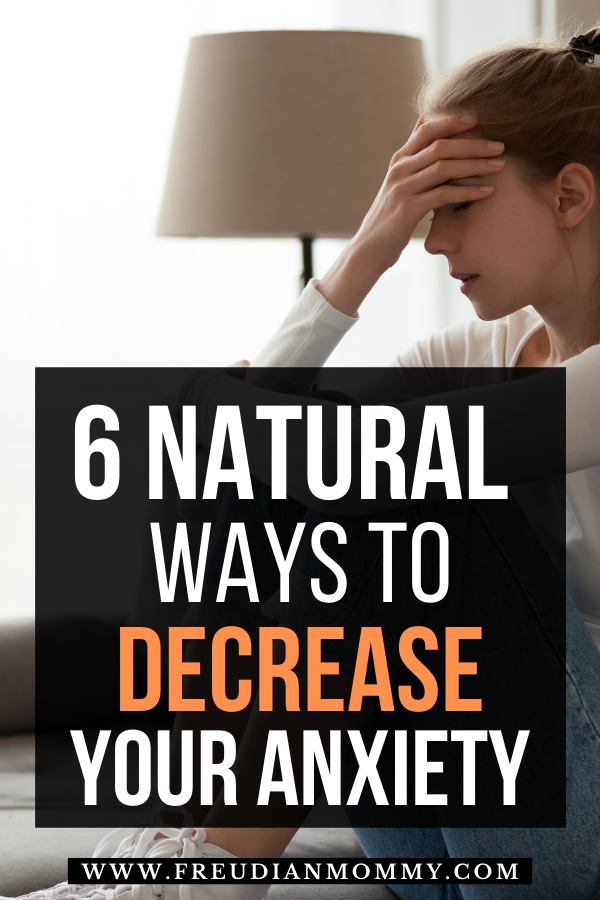
*This post contains affiliate links, at no additional cost to you I am compensated if you purchase after clicking on the links.
Signs and symptoms of anxiety
The signs and symptoms are not always telling. It can require a trained professional mental health provider to help you figure out why you’re always so worked up.
A few signs and symptoms of anxiety include always being:
- tired
- restlessness
- and difficulty sleeping and concentrating
You may also experience physiological symptoms such as:
- sweating
- muscle ache and soreness
- headaches
And other uncomfortable symptoms. Read more about the symptoms of anxiety here.
Okay, so you’ve tried many different strategies to help alleviate your anxiety symptoms, yet nothing seems to work. If you have been feeling frustrated and hopeless because you’ve tried everything you can think of, and nothing has changed, and your symptoms have only worsened. I have good news for you, as a trained psychotherapist, I have helped thousands of people in my career so far changed how they approach treating their anxiety, naturally.
Medication?
There is absolutely nothing wrong with taking medications to help manage your anxiety symptoms. Let me reiterate; there is absolutely NOTHING wrong with taking medications that your doctor prescribes to help you relieve your anxiety symptoms. As a matter of fact, depending on the severity of your anxiety, you may have to take medication.
Taking medication is an immediate way of reducing anxiety symptoms. However, if you are worried about taking medication or don’t want to take any medication, you have come to the right place. Continue reading because there are organic and practical actions you can take to manage the anxiety symptoms.
Furthermore, it is okay to take medication while learning of natural approaches to treat the anxiety symptoms.
These practices I am about to share with you do not provide instant relief; however, you will reap long-term benefits with consistency and daily efforts.
These organic methods will challenge you to focus on the details of what is causing your anxiety and how to make much-needed changes.
You will also learn how to understand and respond to your emotional health needs, which, by the way, is never a bad thing.
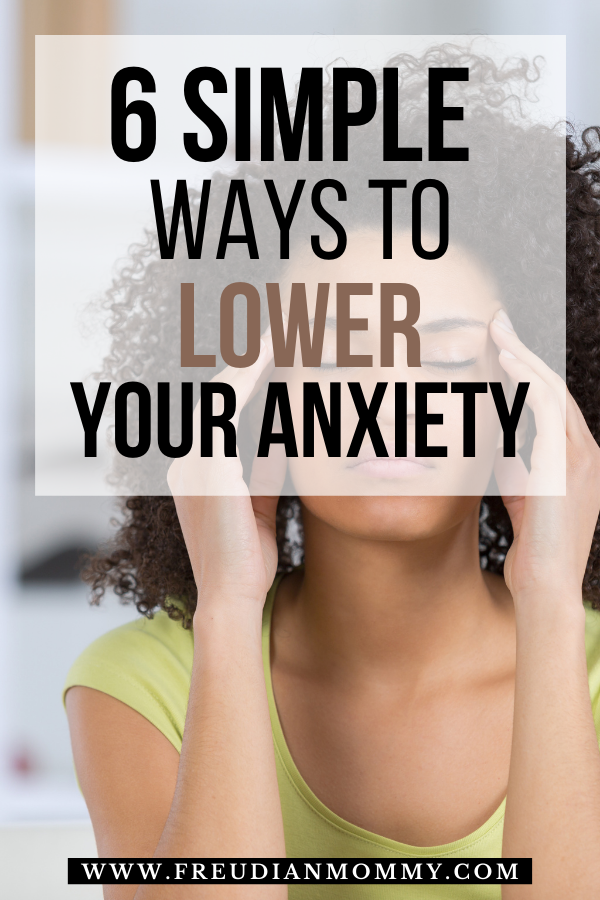
What are natural ways to manage my anxiety symptoms?
1. Journaling
Journaling is essential in the sense that it helps you to process and understand your experiences.
Writing about the events that happen in your life will help you feel and release the emotions attached to those experiences.
Never be ashamed to feel your feelings. Feeling your emotions is a critical part of understanding what makes you feel the way you do and why you feel that way. Feeling your emotions is also a necessary and crucial part of the healing and moving forward process. When you fully allow yourself to feel your emotions, you can face them head-on, resolve what needs to be resolved, and move forward.
2. Practice Mindfulness
Believe it or not, living in the moment and in the here and now is easier said than done, especially if you are a daydreamer. People tend to miss out on what’s happening right now because they are so worried about the future or so focused on what happened in the past.
However, being present in the moment is beneficial to you in managing your symptoms of anxiety. Being present in the here and now will make you more aware of the people, places, and situations around you, which helps you identify your triggers. Living in the moment will allow you to acknowledge the time you worry most (e.g., is it when you first wake up in the morning or before you go to bed at night?).
When you recognize the moments you are most vulnerable to anxiety symptoms, you can identify the triggers and set goals to eliminate those triggers and set goals on coping strategies to use to minimize the effects of those symptoms.
3. Coping Skills
Coping skills are the actions you take (in the moment) you feel anxious, triggered, experiencing overwhelming emotions, or when you are in a stressful situation.
Developing healthy coping skills will come in handy in times of emotional distress. Read more about the 25 coping skills every adult should know here.
4. Affirmations
The symptoms you experience from anxiety are all negative emotions. Part of anxiety is always waiting for the other shoe to drop.
You want to reframe your way of thinking, practice positive affirmations first thing in the morning. Those affirmations will help you to overcome negative thoughts throughout the day.
5. Therapy
Talking to a professional psychotherapist will hold you accountable for the actions you’re supposed to take to reduce your anxiety symptoms.
Your therapist will help you to challenge the maladaptive thinking and behaviors that is anxiety. They will give you feedback and homework that is beneficial in helping you overcoming this disorder. Read how to find the right mental health professional here.
6. Self-Care
And lastly, self-care. Having a regular self-care regimen will save you from many anxiety attacks. When you take care of yourself and cater to your mental, emotional, physical, and social needs, you are less likely to experience overwhelming emotions. Read more about the different types of self-care here.
In all my years of working as a psychotherapist, I have noticed that the people who are likely to experience overwhelming emotions lack self-care. I cannot emphasize enough how important it is to incorporate self-care into your daily routine. Not weekly or monthly, but DAILY. Don’t underestimate a healthy and consistent daily self-care regimen. A good self-care routine can get you through the toughest of times.
Don’t just stop here, feel free to add to the list! What are some ways that you use to manage symptoms of anxiety?

